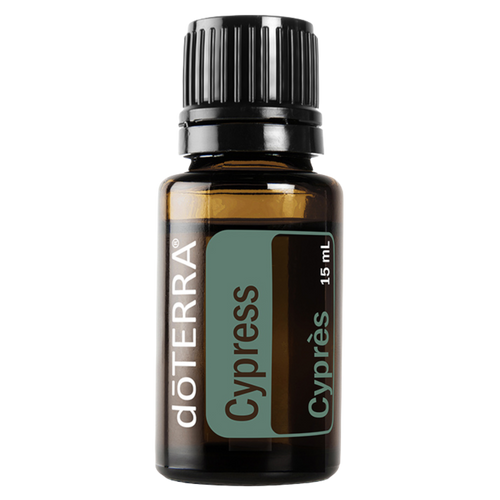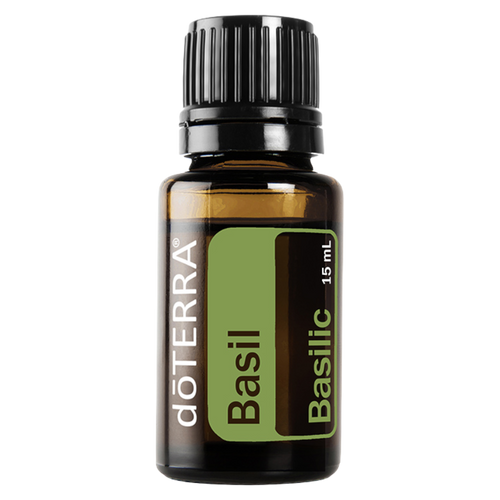Rosemary is an aromatic, evergreen shrub whose leaves are frequently used to flavor foods such as stuffings, pork, roast lamb, chicken, and turkey. Along with its culinary applications, Rosemary oil has many benefits. Rosemary essential oil supports healthy digestion and internal organ function when ingested. Long revered by experts, Rosemary was considered sacred by the ancient Greek, Roman, Egyptian, and Hebrew cultures. Rosemary oil's herbaceous and energizing scent is frequently used in aromatherapy. Taken internally it helps to reduce nervous tension and occasional fatigue.
Diffusion
Aroma: Camphoraceous, Herbaceous
Primary Benefits:
- Supports healthy digestion when consumed
- Internal use may help support healthy respiratory function
- When taken internally, may help to reduce nervous tension and occasional fatigue
Uses:
Cosmetic
- Blend one drop of Rosemary oil with one drop each of Tea Tree oil and Basil oil for a stimulating aroma in a scalp massage.
- Add five drops of Rosemary essential oil to a nickel-sized dollop of shampoo to promote healthy-looking hair.
- Combine several drops of Rosemary oil with Frankincense oil and Epsom salts for a rejuvenating, earthy aroma during a warm bath.
- Blend one drop of Rosemary oil with one drop of Wintergreen oil and Fractionated Coconut Oil for a minty, invigorating aroma during a soothing massage.
Food
- Add one to two drops of Rosemary oil to vegetable recipes and favorite entrees.
Household
- Diffuse three to five drops of Rosemary oil while studying for a stimulating aroma.
- Diffuse equal drops of Rosemary oil and Lavender oil for a soothing, spa-like scent.
Diffusion
- Use three to four drops in the diffuser of your choice.
- Dilute one drop in 120 mL of liquid.
- Apply one to two drops to desired area. Dilute with a carrier oil to minimize any skin sensitivity.











